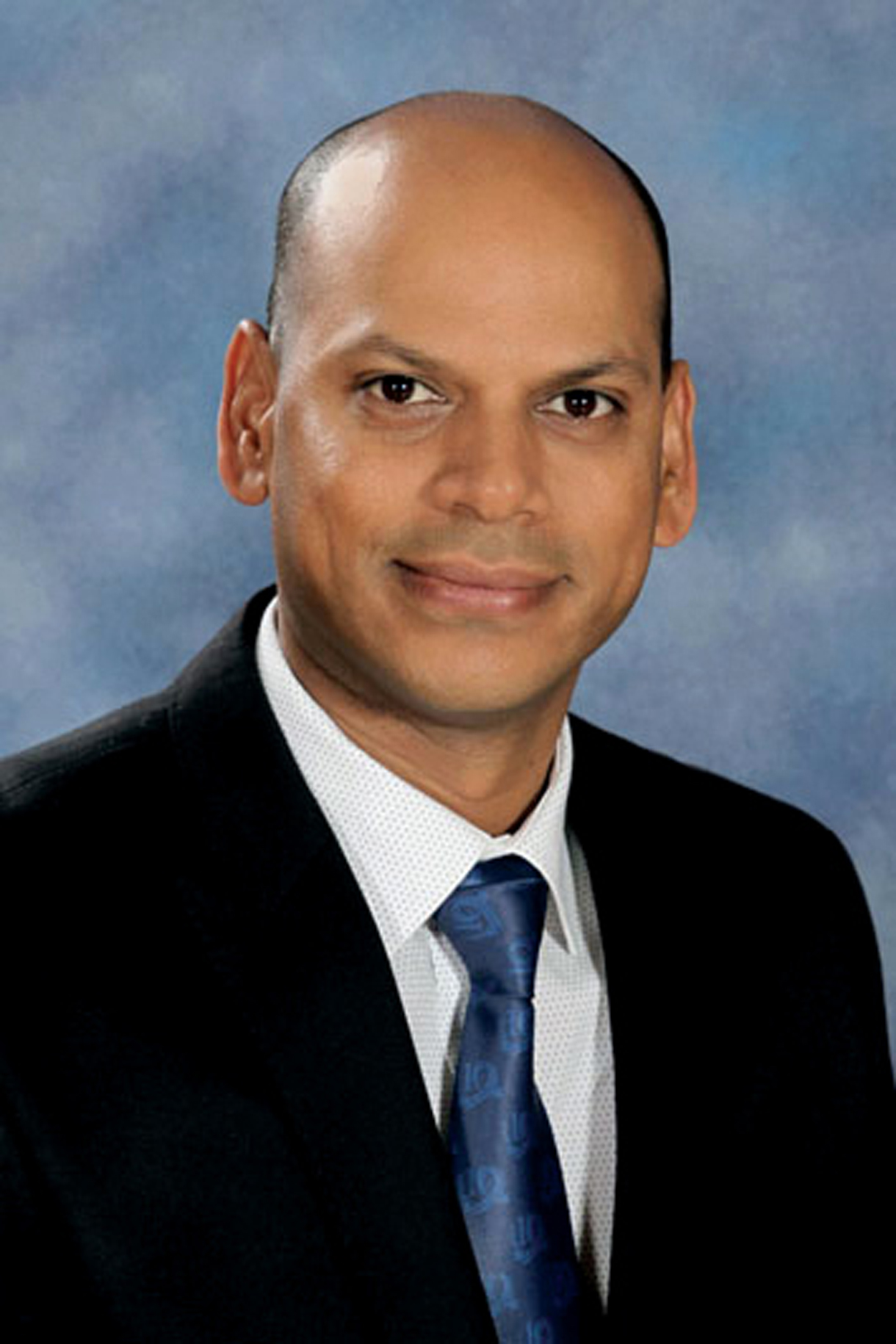We chatted to Group Head of Innovation and Academics at Kyalami Schools, Mr. Mark Naidoo, about how they as a school are adapting to new ways of educating children
MN: We are acutely aware of the inequalities in South African education as we note that the majority of our pupils in government schools do not have access to infrastructure and connectivity to support distance learning. If the lockdown continues without a coordinated effort from key stakeholders to address inherent limitations faced by the majority of South African learners, we will not be able to salvage the academic year and confidently commit to meeting grade-specific learning outcomes. Therefore, the fears of the learning divide rapidly increasing is a reality. However, I think that independent schools will survive an extended lockdown. Our schools have continued with a distance learning model given our access to existing technology infrastructure, the speedy upskilling of staff and availability of pupil devices.
JS: How has Kyalami Schools adapted to the current situation? What adaptations have you made to continue the education of your pupils?
MN: As a Group, we support the President’s call and subsequent actions to fight the Covid-19. Our schools have a stable infrastructure to support distance learning and we have supplied each staff member with a suitable device to enable them to work remotely. Pre-primary pupils have been given the necessary stationery packs and materials to assist parents, many of which have to simultaneously manage their own work schedules. Our teachers follow a structured schedule to ensure that we promote healthy daily habits and routine. In this regard, we have adopted an asynchronous approach to allow for flexibility, especially where more than one child needs to access a device per household and where connectivity is erratic.



“Kyalami Schools have a holistic approach to education; the emotional, social and physical well being of our pupils and staff is of paramount importance”
Group Head of Innovation and Academics Kyalami Schools
JS: What are the downsides/challenges of online learning?
MN: Schools thrive when pupils, parents and staff actively contribute to the learning experience that does not simply focus on the academic aspect. Kyalami Schools have a holistic approach to education; the emotional, social and physical well being of our pupils and staff is of paramount importance. While we have modified our programs to offer holistic development, it has become a challenge given the situation. Social interaction and play, especially for younger children in the pre-primary phase, is a necessary part of their development.
Parents who have to manage the availability of devices and uninterrupted connectivity, while their employers have expectations of them, adds a tangible level of stress to many households.
JS: What are the upsides of online learning?
MN: In many ways, the move to remote teaching and learning has yielded positive outcomes for education, with the understanding that the experience is more pronounced in independent schools. We are witnessing an accelerated development of more resilient pupils. Better time management, active self-discipline, an increase in independent thinking and the use of multiple technologies have become a norm in the current approach to learning. Teachers are finding new ways to engage their pupils and at times, pupils experience a greater level of personal attention.
Image: Mr Mark Naidoo

MN: Teachers across our campuses accepted the challenge, albeit at short notice, to present their subject content remotely in a professional manner. They have also become more innovative in their delivery and continue to find ways to sharpen their online skills. Some staff had to rapidly upskill themselves to ensure that our offering remains engaging and relevant. As a Group, our ability to work closely as a team and leverage our collective expertise has aided staff to feel secure during these challenging times. Remote teaching and learning demand a range of teaching modalities, our staff continue to explore these modalities and determine to remain adaptable.
JS: What sets Kyalami Schools apart?
MN: As a Group, it has always been our values of Integrity, Consistency, Accountability, Respect and Excellence which have driven our commitment to our pupils and parents. Our values determine who we really are. Access to the Kyalami Schools staff and management has always been seamless, which is important for regular engagement. The staff go the extra mile (I know this sounds cliche) so that each child is nurtured and feels part of the greater community. We continue to work tirelessly to ensure that our service to parents and pupils remain at the highest levels.
JS: What is the way forward?
MN: Our Group has begun to ready the schools to be Covid-19 compliant, in support of our government, to ensure the return of our staff and pupils. We are cognisant of the safety protocols and plan to phase in the return of our pupils to schools, as directed by the Minister of Education while taking advice from the Independent Schools Association of Southern Africa (ISASA). As indicated in our Remote Learning Protocol, we continue to review our processes on a weekly basis to improve our distance learning offering.
JS: Do you have any words of wisdom/encouragement?
MN: Ludwig Von Mises, the greatest economist of the twentieth century; stated that “Value is not intrinsic, it is not in things. It is within us; it is the way in which man reacts to the conditions of his environment.” When all is said and done, our values as a community will determine how we respond to a completely new approach to learning. We control our response, irrespective of the circumstances imposed on us. How we respond now will certainly have lasting effects on how we reimagine education in South Africa.




























0 Comments